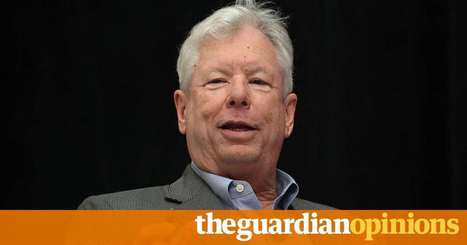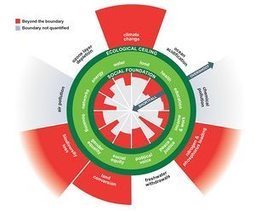Richard Thaler's ideas should mean less, not more, government
Research and publish the best content.
Get Started for FREE
Sign up with Facebook Sign up with X
I don't have a Facebook or a X account
Already have an account: Login
 Your new post is loading... Your new post is loading...
 Your new post is loading... Your new post is loading...
|

Geoff Riley's curator insight,
September 19, 2017 3:33 AM
Enrichment reading: "Much of what is described as ‘irrationality’ is simply a manifestation of the coping strategies humans have developed over millennia to deal with complex situations of which they can have only limited understanding or knowledge."

Geoff Riley's curator insight,
April 6, 2017 2:06 AM
Highly recommended resource from Mark Johnston for teachers and students revising behavioural economics as part of their A levels.
|




























